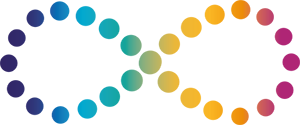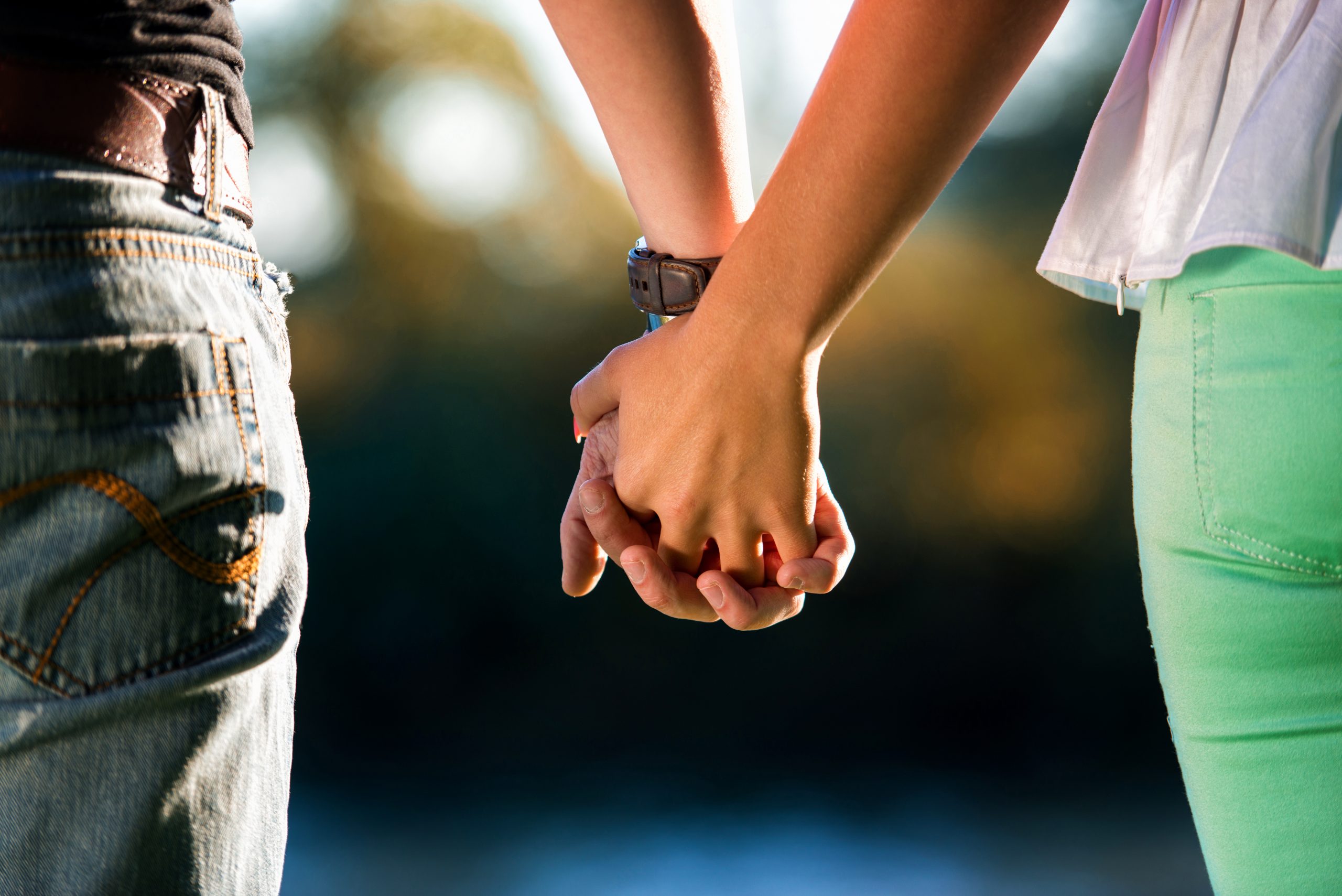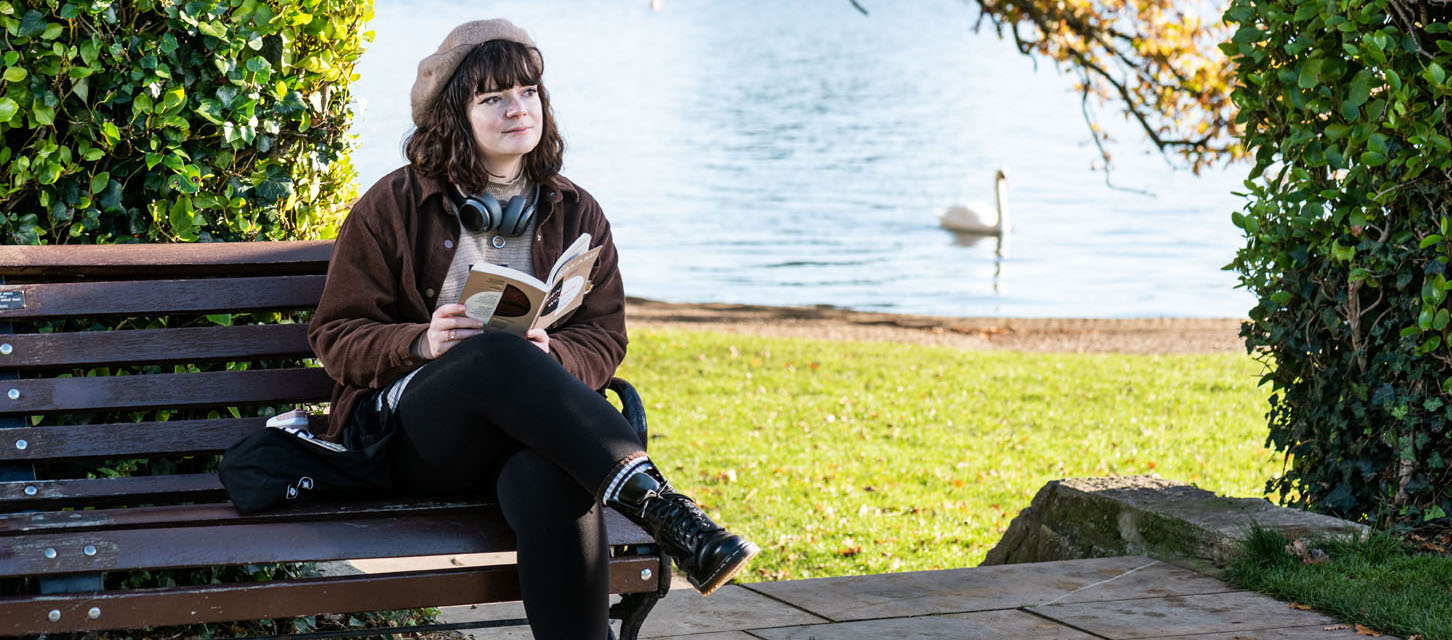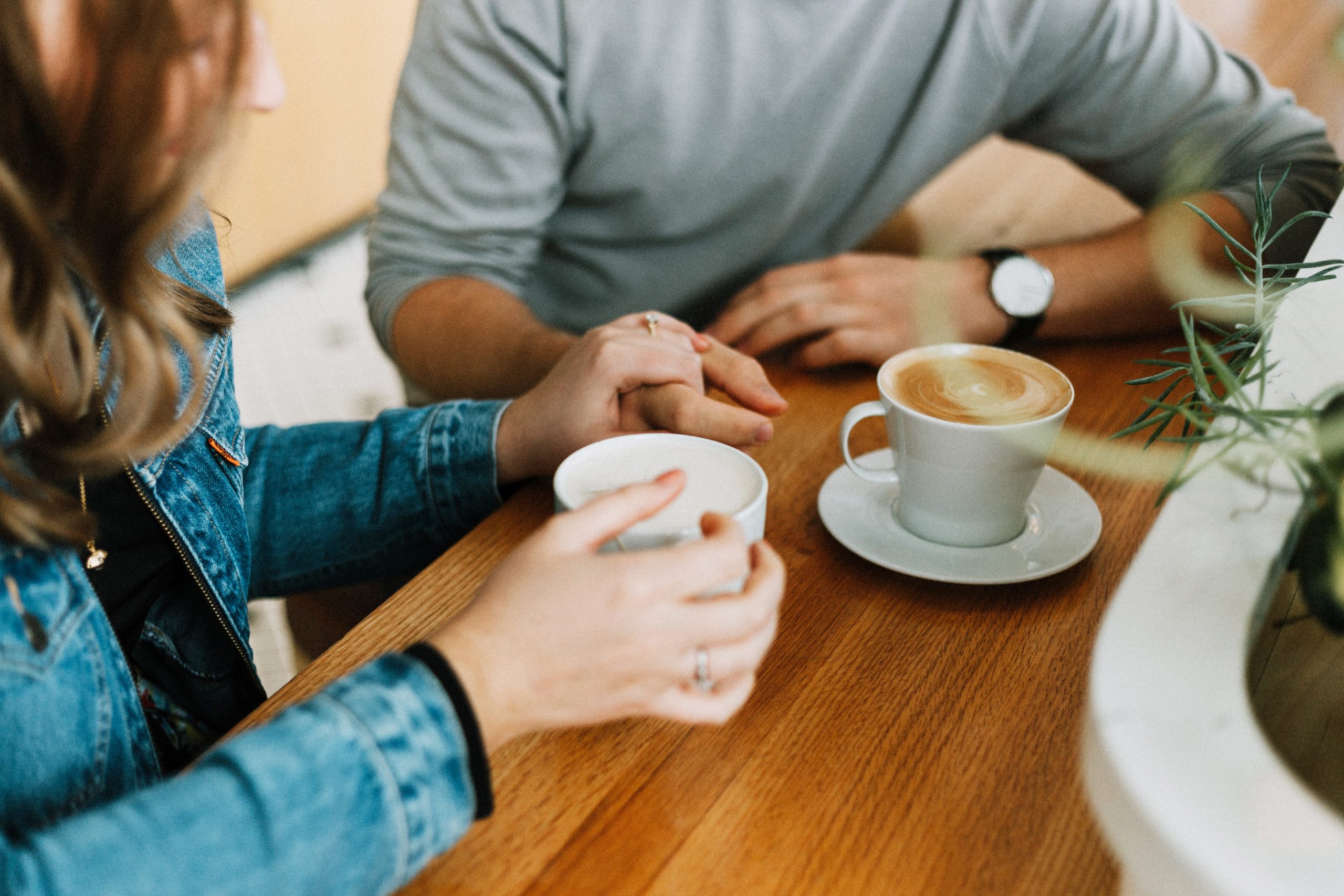Research indicates that neurodivergent people are more likely to identify as LGBTQ+ than their neurotypical peers. A recent paper by the University of Cambridge found that autistic people are eight times more likely to identify as LGBTQ+ and The Brain Charity reports that in the wider neurodivergent community, significantly more people are likely to identify as LGBTQ+.
Kit, who is autistic and identifies as panromantic and demisexual, explains: “With being neurodivergent, a lot of people already challenge the status quo when it comes to social traditions and social rules, so what’s to say that the way they love is any different?”
Why are neurodivergent people more likely to be LGBTQ+?
Therapist Jamie Freed observes that “individuals on the autism spectrum tend to be less influenced by or responsive to societal expectations or restraints.”
From the way neurodivergent people consume media to the way they communicate and even friendships, it can feed into their everyday love language and the way they see connection and companionship. Dating culture can be hard to navigate for neurodivergent people, with social rules and constructs that make them cautious. Being LGBTQ+ has given opportunities to expand horizons for many, including neurodivergent people. Apps like Bumble and Hiki offer ways to connect and bond when you are neurodivergent or LGBTQ+, whether that is through new relationships or friendships.
Kit explains: “It’s important that we bring attention and care to people who are neurodivergent so they understand that they deserve to be loved, regardless of their traits and characteristics.”
Support for neurodivergent people who are LGBTQ+
The Ambitious About Autism charity website provides a range of advice to support autistic people who are LGBTQ+. It includes blogs and videos from young people, advice on wellbeing and language, as well as articles on specific topics including coming out, being gay, being a lesbian, being bisexual and being trans.
The Space Youth Project in Dorset provides support to all young people who are or may be LGBTQ+ with friendly groups across the county, as well as helpful resources and information on their website.
Ambitious About Autism video: Finding safe spaces for young autistic LGBTQ+ people




